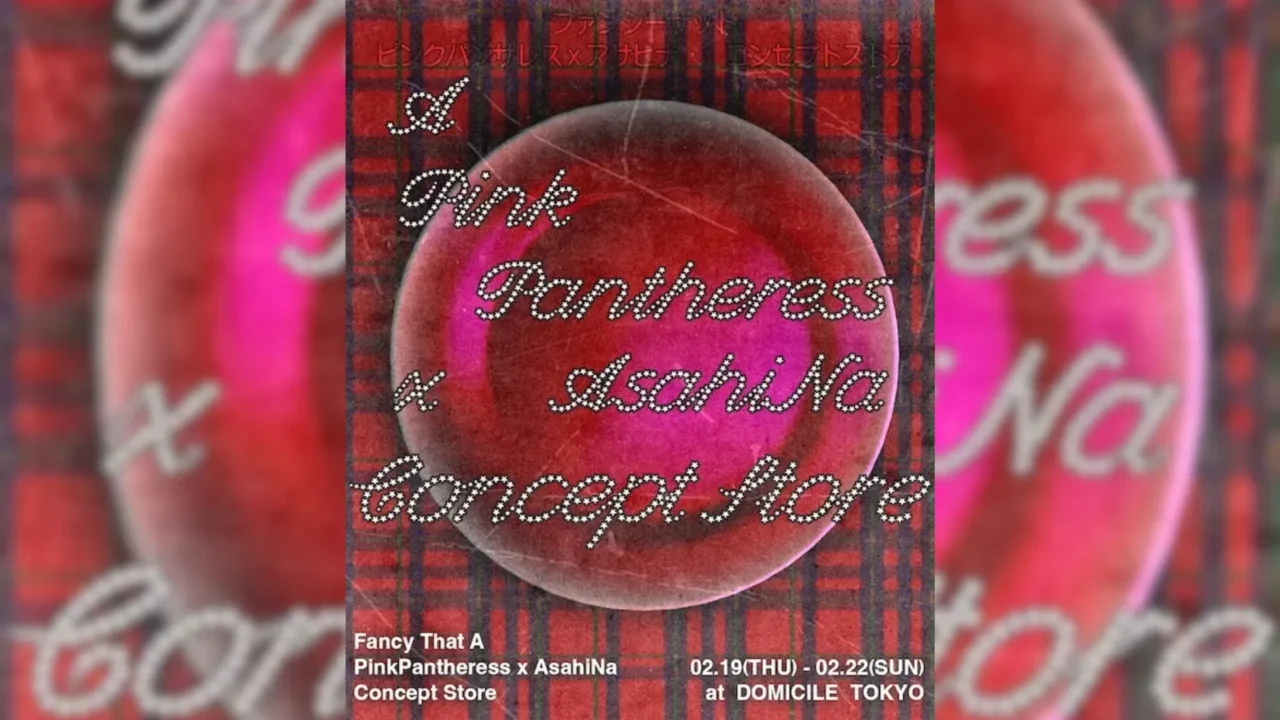INDEX
The vibrant life beats the hollow of the symbol game!
Why was I so fascinated by the same scene and the same song, and why (unlike other “humorous” scenes) did this impression seem to slowly spread through my mind after viewing the film? Perhaps it was because the song’s content seemed to vividly capture the hesitation of the makers of “social” entertainment blockbusters when faced with their particular dilemma.
The subject of “Made for What?” could be Irish, Barbie, or the film itself. In an interview in the press release, Greta Gerwig talks about a ballad that “brought tears to my eyes when I heard it,” and she is almost certainly referring to this song. This scene and this song seem to be inscribed with an outpouring of emotion directly connected to “life,” shooting through the emptiness of a closed communication space where the stakes are the symbolic treatment of various information and designs. It was a rare moment when Irish, Robbie, and Gerwig were electrified through their creativity, and their true auteurism was engraved.

I would probably continue to watch movies for moments like this, instead of being obsessed with the “consideration” or “interpretation” of symbolic games. I also expect pop music in films to play a role in taking a stand for such moments. Is it possible for there to be an overwhelmingly “social” epic film that nullifies the absorbing power of spectacle? My question may be a contradictory and difficult to answer from the outset. But at the very least, I do not want to give up on capturing the outpouring of dilemmas and frictions that arise in the film as a moment of “itself” that is not symbolic.
Information

“Barbie”
Roadshow nationwide from Friday, August 11, 2023
Director/Screenplay:Greta Gerwig
Cast:Margot Robbie, Ryan Gosling
Distributor:Warner Bros. Pictures
https://wwws.warnerbros.co.jp/barbie/
Postscript.
As many readers are aware, toward the end of July, an Internet meme #Barbenheimer, which crossed the visuals of the film “Barbie” with those of “Oppenheimer,” a movie released at the same time about Robert Oppenheimer, known as the “father of the atomic bomb,” caused a major problem. The meme became a major issue. The official account of “Barbie” in the U.S. tweeted an affirmation of a collage posted by a fan that imitated the “mushroom cloud of an atomic bomb” and the hot air from an explosion, causing a backlash from users mainly in Japan, resulting in a huge firestorm (on July 31, Warner Bros. (On July 31, Warner Bros. Japan, Inc. issued an apology for the incident, in which it strongly protested to the U.S. headquarters).
We assume that the uproar was probably caused by the carelessness and ignorance of the SNS operators, but still, it is a poor promotion for a major film that has been talked about from the outset for its “progressive” content. It is a case that once again exposes the long-standing problems in the mainstream American entertainment industry and in American society in general, such as indifference, ignorance, indifference, and prejudice toward Japan, Asia (and its relations with Japan), and its history, and of course, Japanese users have the right to solemnly protest against this situation.
In addition, as it pertains to this report (even taking into account the fact that the production side and certain promotional staff members do not necessarily share the same ideological stance), big movies and their accompanying marketing, no matter how “progressive” they may appear, are ultimately a form of “socialist-style tagging” by big capitalists, It is natural to be accused of being nothing more than an act of arbitrary self-labeling with a “socialist tag” by mega-capitalists, even if they may be dressed up as “progressive.























